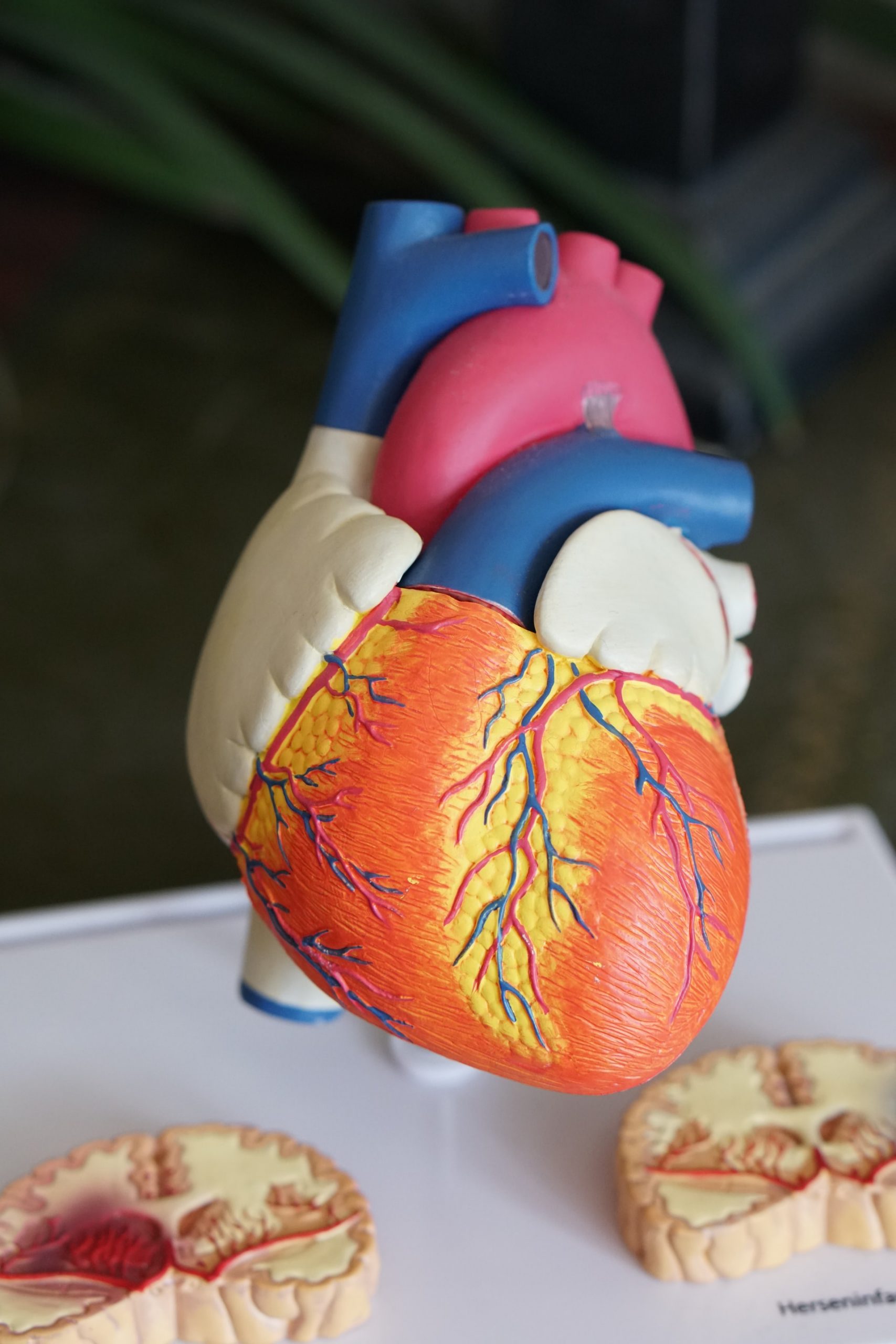Being obese or even overweight has some very negative effects on our health. But researchers at Canada’s McGill University just developed a computer model that can predict the effects of being overweight on people’s life expectancy and quality of life. The results are pretty grim: The researchers led by Dr. Steven Grover, a Professor of Medicine at McGill, found that “individuals who were very obese could lose up to 8 years of life, obese individuals could lose up to 6 years, and those who were overweight could lose up to three years. In addition, healthy life-years lost were two to four times higher for overweight and obese individuals compared to those who had a healthy weight.”
Summing things up, Grover said that “in terms of life-expectancy, we feel being overweight is as bad as cigarette smoking.” You can read an abstract of the study here: https://www.thelancet.com/journals/landia/article/PIIS2213-8587(14)70229-3/abstract. In the meantime, here are some new scientific findings on the most effective and efficient ways to control your weight.
- Start the day off right. People who eat breakfast have far fewer cravings for sweet foods later in the day. And when those breakfasts are high in protein, cravings for high-fat foods are also reduced, according to Heather Leidy, assistant professor of nutrition and exercise physiology at the University of Missouri, who led a recent study of the effects of breakfast on cravings. Leidy also found that “if breakfast is skipped, these cravings continue to rise throughout the day.” As a result, breakfast skippers have a greater likelihood of overeating and gaining weight.
Apparently, it may have a lot to do with dopamine, a neurotransmitter that’s involved in determining how much we eat and when we feel full. When we eat something, the brain releases dopamine, which gives us a tiny jolt of pleasure. After a while, we stop getting that pleasure response and we stop eating. Obese people, however, have developed a kind of resistance to dopamine. “Dopamine levels are blunted in individuals who are overweight or obese, which means that it takes much more stimulation—or food—to elicit feelings of reward,” Leidy said in a press release. “We saw similar responses within breakfast-skippers.” The study was published in the Nutrition Journal. Read an abstract here - Cool down. We all know that measuring body fat is a pretty good way to estimate someone’s overall health—and generally speaking, the more fat you have the worse off you are. But did you know that we actually have two different types of fat, each with a different function? White fat stores energy, which makes us put on weight; brown fat burns calories, turns them into body heat. The problem is that most of the people with large brown fat stores are babies—who need it to keep their little bodies warm. In addition, as we age, whatever brown fat we do have doesn’t work as well.
So the holy grail of weight loss has been to figure out how to increase our brown fat levels, and that’s where scientists have been stymied. However, some recent research is finding that two things may help brown our fat: cold and exercise. Several studies have found that subjects who spent several hours a day in an environment that lowered their body temperature, burned more calories than control subjects who just went about their daily lives. And as far as exercise, there’s some indication that it may increase the activity of a gene called UCP1, which in turn activates the brown fat.
In Part II of this article, we’ll take a look at two more new discoveries in weight-loss.



